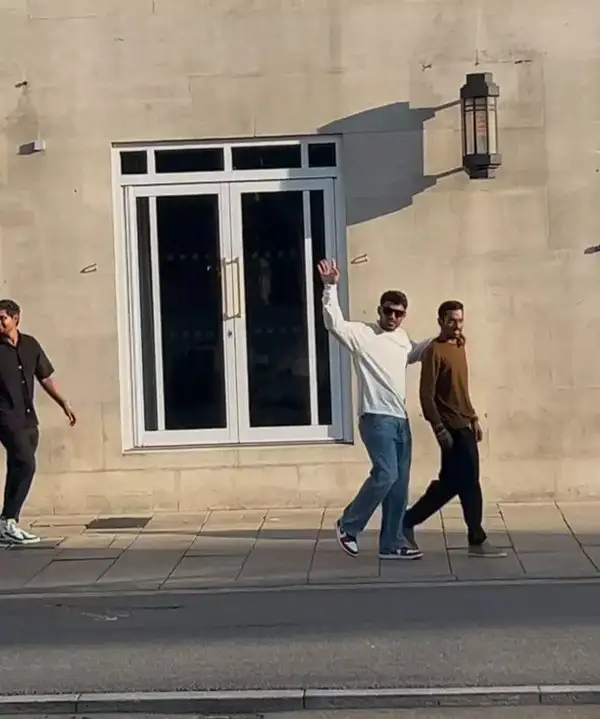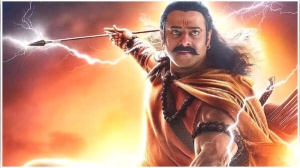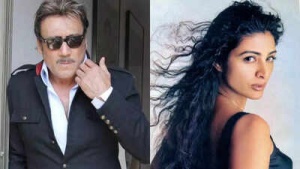NEW DELHI: In a disappointing turn of events for chess enthusiasts, the Indian leg of the Freestyle Chess Grand Slam, slated to take place in New Delhi from September 17-24, has been called off due to a lack of sponsors. The event, which was set to feature Magnus Carlsen, the current Grand Slam leader, will no longer be held in India this year.
Jan Henric Buettner, co-founder and CEO of Freestyle Chess, confirmed the cancellation to TimesofIndia.com.
"We still have the same situation as we’ve had for the past one and a half years. I’ve approached several Indian sponsors, but none have come forward. That’s why we’ve decided to take the event elsewhere," Buettner stated.
This cancellation is a blow to Indian chess fans, who were eagerly anticipating the opportunity to witness World No. 1 Magnus Carlsen compete in the innovative Freestyle Chess format. This format distinguishes itself by randomizing starting positions, thereby placing a greater premium on creativity and strategic thinking, rather than rote memorization of established openings.

The Delhi leg was envisioned to draw global chess stars to India, especially during a period where the nation is witnessing a surge in both chess talent and international recognition.
With the Indian leg now off the table, organizers are actively exploring alternative locations to ensure the continuation of the Freestyle Chess Grand Slam tour.
TimesofIndia.com has also learned that Jan Henric Buettner will be stepping down from his position as CEO of Freestyle Chess, effective July 1.
Thomas Harsch, the current Chief Operating Officer, will assume the role of CEO and manage the company's daily operations. Buettner will transition to the role of Executive Chairman, remaining a significant stakeholder and focusing on strategic direction.
Looking ahead, the next stop on the Freestyle Chess Tour is the United States.
From July 16-20, the Wynn Las Vegas will host 16 of the world’s leading chess players in a tournament boasting a $750,000 prize pool. The format will encompass group-stage rapid games followed by knockout rounds featuring longer time controls. The tournament winner will be awarded $200,000.
Newer articles
Older articles
 Team India Settles in Birmingham: Rahul's Mattress, Coaches' Strolls, and the Enduring Coffee Ritual
Team India Settles in Birmingham: Rahul's Mattress, Coaches' Strolls, and the Enduring Coffee Ritual
 Android Users Urged to Patch Devices Immediately Following Critical Security Flaws Alert
Android Users Urged to Patch Devices Immediately Following Critical Security Flaws Alert
 Ashada Gupt Navratri 2025: Dates, Auspicious Timings, and Esoteric Significance Explained
Ashada Gupt Navratri 2025: Dates, Auspicious Timings, and Esoteric Significance Explained
 JPG to PDF: A Graphic Designer's Guide to Conversion & Best Practices
JPG to PDF: A Graphic Designer's Guide to Conversion & Best Practices
 Skin Cancer Alert: How to Identify Suspicious Moles and Early Warning Signs
Skin Cancer Alert: How to Identify Suspicious Moles and Early Warning Signs
 IRCTC's AskDisha 2.0: AI Chatbot Streamlines Train Ticket Booking, Refunds, and Travel Information
IRCTC's AskDisha 2.0: AI Chatbot Streamlines Train Ticket Booking, Refunds, and Travel Information
 The stat that could swing every NBA team's 2025-26 season
The stat that could swing every NBA team's 2025-26 season
 Bollywood's Mythological Muse: How Indian Epics Inspire Cinematic Storytelling
Bollywood's Mythological Muse: How Indian Epics Inspire Cinematic Storytelling
 Bollywood Flashback: Jackie Shroff Accused of Untoward Advance on Young Tabu at Danny Denzongpa's Party
Bollywood Flashback: Jackie Shroff Accused of Untoward Advance on Young Tabu at Danny Denzongpa's Party
 Popular Finance YouTuber's Account Hacked: Bitcoin Scam Alert and Security Tips
Popular Finance YouTuber's Account Hacked: Bitcoin Scam Alert and Security Tips